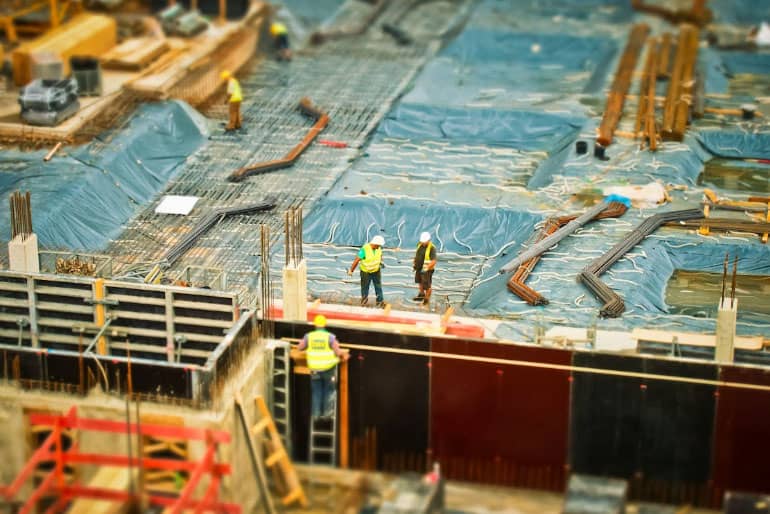In May 2023, a six-story apartment building in Davenport, Iowa, collapsed, leading to three fatalities and leaving many without homes. This tragic incident stunned the community, not just because of the loss of lives, but because the catastrophe was actually preventable.
While investigations reported that structural issues had already been recognized before the incident, warnings were disregarded. This incident serves as a reminder of the risks of ignoring structural integrity, showing the disastrous consequences of settling for a ‘good enough’ mindset.
Structural integrity is the power of a structure to carry the loads it was designed for, without failing or becoming unsafe. It depends on a combination of sound design, quality materials, professional workmanship, and continuous oversight. When any of these elements is compromised, the entire system is at stake.
There are several common causes of structural failure, like design miscalculations, poor materials, overloading, and misuse. Ignoring regular checks and maintenance can also shift minor defects into major threats. Corrosion, moisture damage, or small gaps may seem harmless and build up quietly over time, but they weaken the structural components bit by bit. Without careful inspection, these threats may stay hidden until a failure occurs.
Maintaining structural integrity is critical throughout a building’s lifespan, not just during construction. It impacts the safety and reliability of the structure under both normal and unexpected conditions.
Further, structural integrity prevents collapses, safeguards occupants, and lowers the likelihood of costly repairs or legal liabilities. It also preserves property value and keeps the building compliant with safety standards and codes.
In situations like these, an expert’s role is foundational to public safety and property longevity. The expertise of a qualified NJ structural engineer becomes crucial, as they are trained to detect warning signs and recommend effective actions long before danger becomes reality.
In commercial properties where the demands on buildings are often more significant, a commercial building engineer NJ is also specifically needed to maintain structural soundness. Their knowledge guides early planning, monitors construction quality, and supports long-term maintenance.
Choosing to sustain high standards in structural design and maintenance is not just about compliance; it is a precise responsibility. When lives are at stake, a ‘good enough’ standard is never good enough.
Interested in knowing more about how engineers can help in supporting structural integrity? Read more in this infographic by Lockatong Engineering.



Comments are closed.